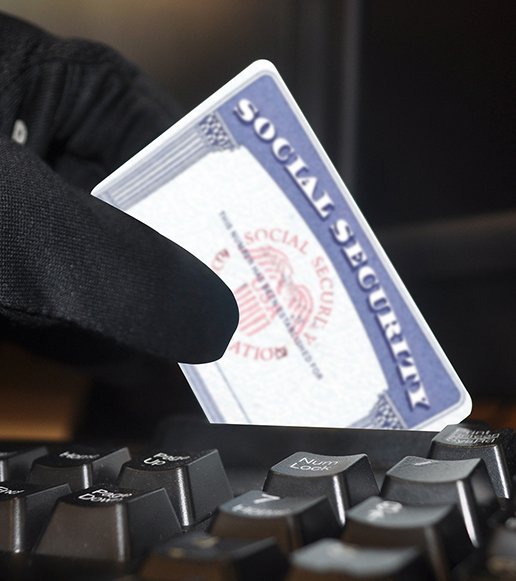How To Fix A Lost Social Security Number
Jan 31, 2019 01:57

Your social security number is an essential form of identification and a crucial part of your day to day admin. It helps you access critical services within the US, and acts as a vital indicator of your identity.
Unfortunately, this importance also means that it is a beacon for thieves. Acquiring your social security number allows them to access credit and other benefits in your name, and it can have a devastating impact on your credit history, financial status, and life.
Risks of Losing Your Card
A lost social security card Florida online application is more than merely an inconvenience. If it’s picked up by thieves, they have immediate access to intimate and personal details, and can potentially wreak havoc with your life. Risks include:
1. Opening new payment cards
There is a black market for stolen social security details, and this is because they can be extremely lucrative for thieves. It gives them the opportunity to open new payment accounts in the name of the victim, and they can run up huge debts before they are caught, not to mention wrecking your credit file.
2. File fraudulent IRS tax returns
Accessing a social security number also allows thieves to file a false tax return in the name of the victim, and claim substantial tax rebates and reimbursements which they are not entitled to. This can leave the victim in serious trouble with the IRS if the theft is not rectified.
3. Breaking into financial accounts
Social security numbers can also be used to carry out digital fraud. This is achieved with mobile phones that are also stolen. The social security number can be used to access accounts, taking data such as passwords and pins which allow access to bank accounts, credit cards, investment accounts, and other sensitive financial information.
What To Do If You Lose Your Card
To prevent identity theft, there are some steps you should take as soon as you realize you have lost your card.
1. Inform the police
One of your first steps should be to contact the police. You will need to take appropriate paperwork which contains a copy of your FTC Identity Theft Affidavit (see below for more information), and any other proof you have of the theft. You will file a police report, and it is a good idea to take a copy.
2. File a report with the FTC
As described, filing a report with the Federal Trade Commission (FTC) will help to enhance your protection. The FTC collects complaints and concerns about identity theft from the victims.
3. Establish a fraud alert
Alert the major credit agencies of the threat by calling one of the three major credit-reporting agencies (Experian, Equifax or Trust Union.) You only need to call one; they are then required to contact the others on your behalf.
4. Check your credit report
The easiest way to check whether you have been a victim of identity theft is via your credit report. Agencies will usually provide access to one free report a year, and this will make it easy to spot any suspicious activities or transactions you did not authorize or fraudulent credit applications. This information should then be reported to creditors right away.
5. Report your stolen card to the IRS
You will also need to contact the Internal Revenue Service (IRS) so that thieves cannot file a tax return in your name.







































































